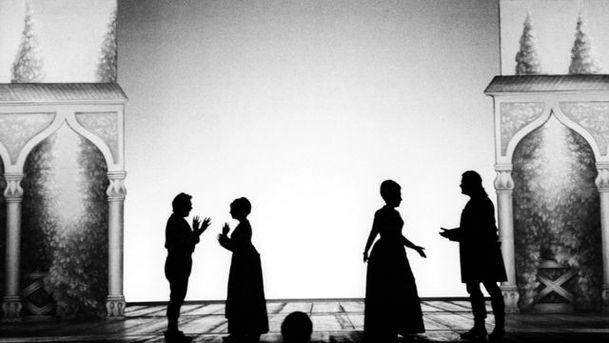Sunday Feature - The First English Opera

First performed under Cromwell in 1656 when the theatres were still officially closed, The Siege of Rhodes bewitched the ears of the great diarist Samuel Pepys and remains one of the most important works in the history of both English literature and music. And yet - like its creator, the noseless poet laureate Sir William Davenant - it is almost totally forgotten today. Why is this seminal work, the first opera in English to be performed publicly, now so largely ignored? No doubt it's partly because the music - which the enchanted Pepys desperately tried to obtain for himself in the early 1660s - is lost, but the reasons for its neglect are more complicated than that. As we discover from a variety of contributors, the neglected Davenant was actually one of the most innovative forces in the history of English theatre - not only did he "invent" English opera, he was also very instrumental in the creation of the idea of Shakespeare the National Poet and claimed to be spiritually and perhaps even biologically the "Son of Shakespeare". Travelling from Cromwell's House in Ely via Pepys' Library in Cambridge and Shakespeare's Globe to the site of the old Cockpit Theatre in London where the Siege was performed, presenter Claire van Kampen traces the complicated genesis and afterlife of this lost operatic treasure. The programme follows the royalist Davenant's extraordinary travails in the Civil War and afterwards, uncovering the shady political machinations that led to Davenant being granted permission to stage the first English opera while all other dramatic activities remained strictly forbidden, and culminates in an attempt - the first in around 350 years - to reimagine what the music that so obsessed Pepys might actually have sounded like.